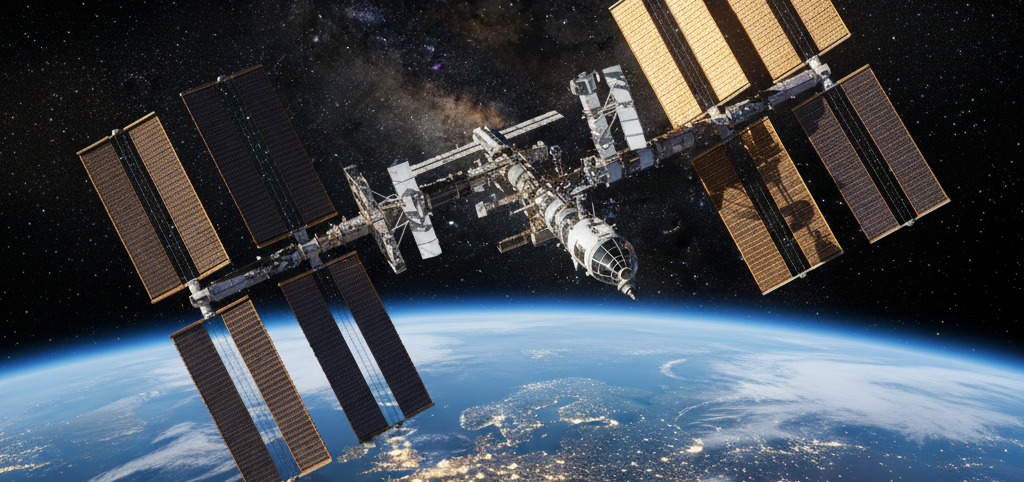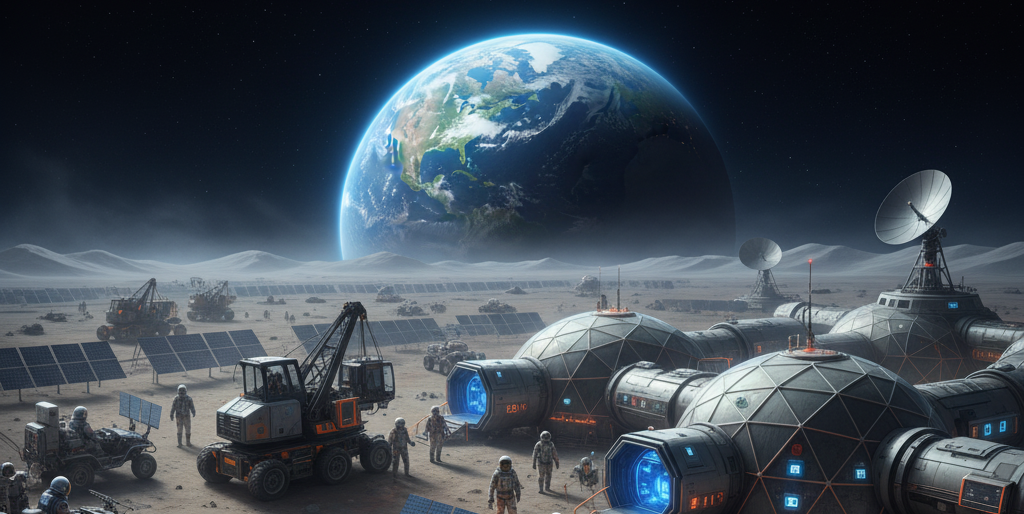In 2025, space exploration has evolved from a Cold War rivalry into a multifaceted geopolitical arena, where nations and private entities vie for resources, influence, and technological supremacy. This new space race reshapes our worldview, highlighting themes of collaboration, competition, and the ethical stewardship of outer space. As satellites orbit Earth and missions target the Moon and Mars, space is no longer the final frontier but a strategic domain integral to global security, economy, and innovation.

Historical Shifts and Modern Players
The original space race between the US and USSR culminated in the 1969 Moon landing, but today’s landscape is more diverse. The Artemis Accords, led by NASA, promote international partnerships for lunar exploration, while China’s Chang’e program and Tiangong space station assert its rising power. Private companies like SpaceX, Blue Origin, and emerging players from India (ISRO) and the UAE add commercial dimensions, democratizing access but raising questions about regulation.
Geopolitically, space assets are critical: GPS for navigation, satellites for intelligence, and potential mining of asteroids for rare minerals. Tensions arise from anti-satellite tests, like Russia’s 2021 demonstration, which created orbital debris, underscoring the need for treaties beyond the 1967 Outer Space Treaty to prevent militarization.
Economic and Environmental Implications
From a global viewpoint, space exploration drives economic growth—projected to reach a $1 trillion industry by 2040—through advancements in telecommunications, climate monitoring, and disaster response. However, it exacerbates inequalities: wealthier nations dominate, while developing countries seek inclusion via initiatives like Africa’s space agencies.
Environmentally, the proliferation of satellites contributes to light pollution and space junk, threatening sustainability. A worldview shift toward “space environmentalism” is emerging, with calls for debris removal tech and equitable resource sharing, as lunar helium-3 could fuel clean energy revolutions.

Collaborative Horizons and Ethical Challenges
International cooperation shines in projects like the International Space Station, fostering diplomacy amid earthly conflicts. Yet, ethical dilemmas abound: Who owns space resources? How do we prevent colonization echoes? Indigenous perspectives, viewing space as a shared heritage, influence debates on cultural impacts.
As we eye Mars colonization by the 2030s, this era compels a unified worldview—one where space unites humanity against common challenges like climate change, using orbital data for global solutions.
In summary, the geopolitics of space exploration invites us to expand our horizons, balancing ambition with responsibility for a truly cosmic perspective.
